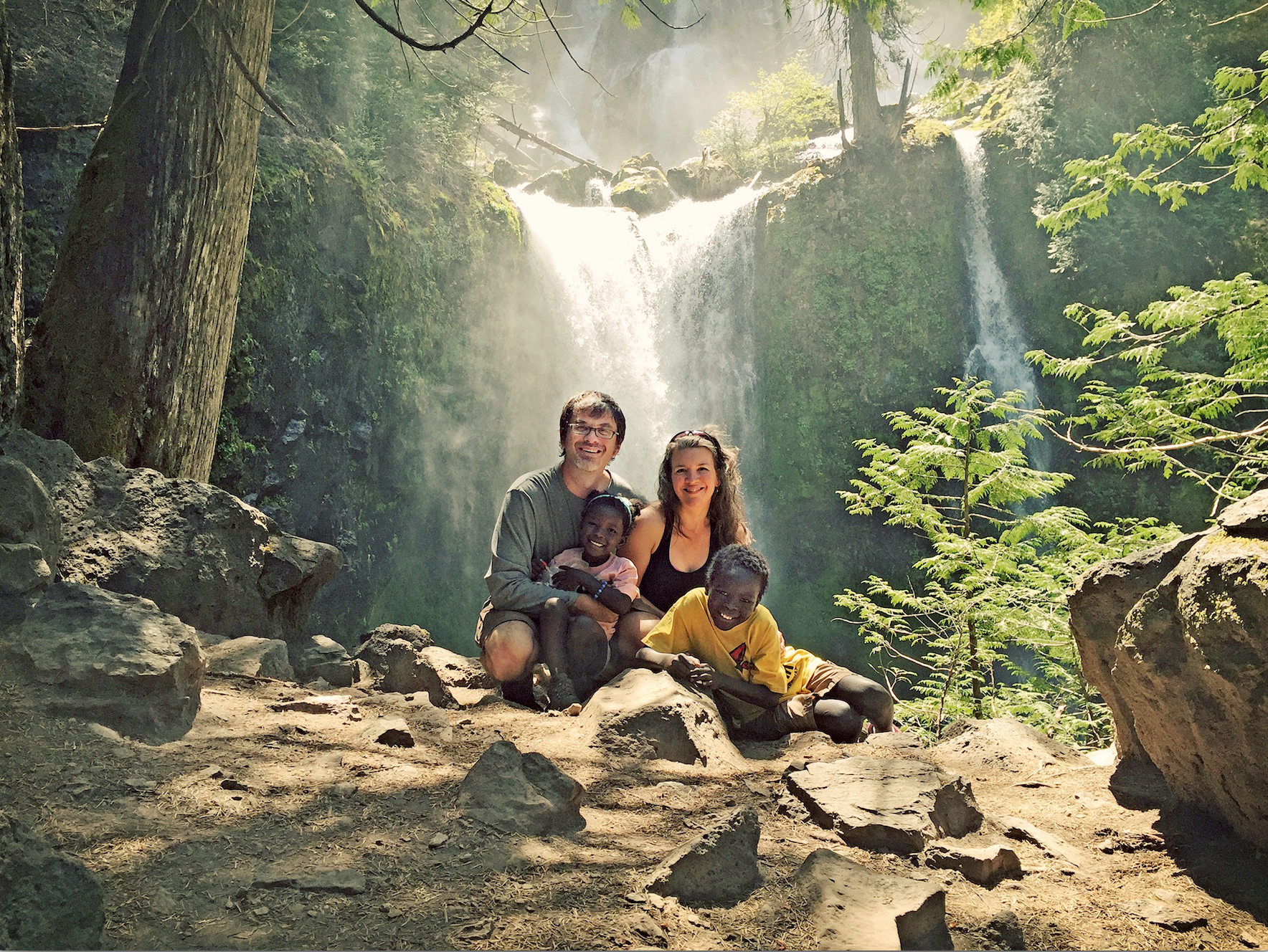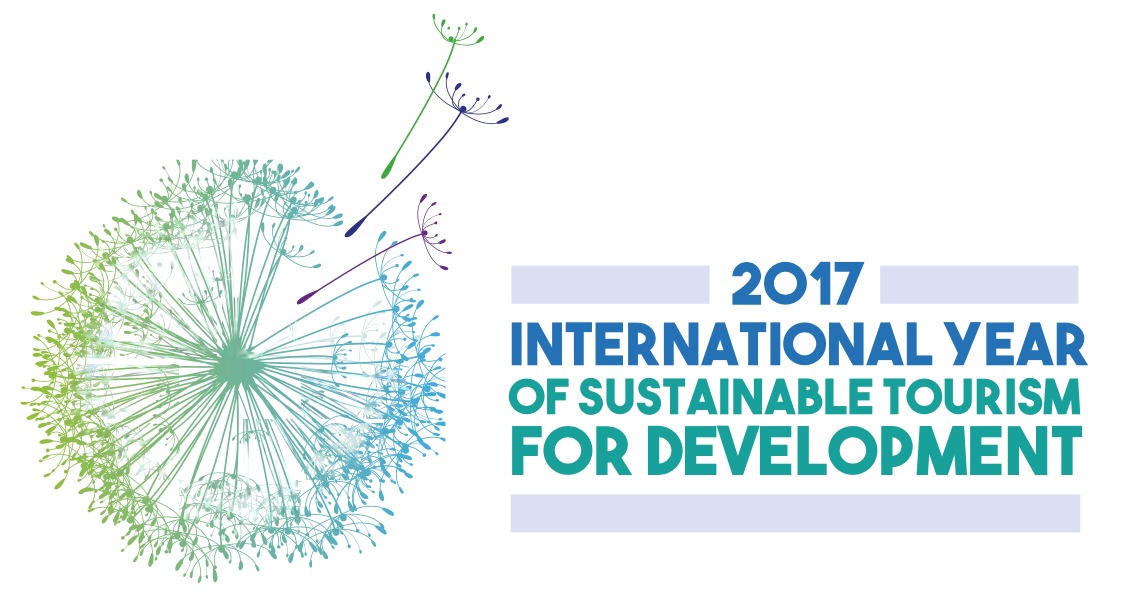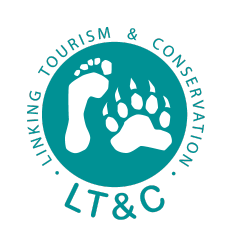 Brian T. Mullis is a new member of our global “penguin” network. Based in Portland/Oregon in the US he has a very relevant background in relation to Linking Tourism & Conservation’s mission. Brian began his career working in national parks in the United States, and went on to own and operate an international adventure and eco-travel company for nine years. In 2002, he founded Sustainable Travel International, a nonprofit organization whose mission is to improve lives and protect places through travel and tourism. Under Brian’s leadership over the course of 14 years, Sustainable Travel International assisted hundreds of ministries of tourism and leading airlines, cruise lines, hoteliers, and tour operators in adopting practices that support a healthy environment, economic opportunity and social well-being. He is a thought leader working at the intersection of sustainable development, conservation and tourism. His vision and perspectives for the future of LT&C could be important for the organization’s future development, role and impact. Peter Prokosch therefore took the chance to interview him about his interest in and perspectives for LT&C:
Brian T. Mullis is a new member of our global “penguin” network. Based in Portland/Oregon in the US he has a very relevant background in relation to Linking Tourism & Conservation’s mission. Brian began his career working in national parks in the United States, and went on to own and operate an international adventure and eco-travel company for nine years. In 2002, he founded Sustainable Travel International, a nonprofit organization whose mission is to improve lives and protect places through travel and tourism. Under Brian’s leadership over the course of 14 years, Sustainable Travel International assisted hundreds of ministries of tourism and leading airlines, cruise lines, hoteliers, and tour operators in adopting practices that support a healthy environment, economic opportunity and social well-being. He is a thought leader working at the intersection of sustainable development, conservation and tourism. His vision and perspectives for the future of LT&C could be important for the organization’s future development, role and impact. Peter Prokosch therefore took the chance to interview him about his interest in and perspectives for LT&C:
Brian, you just joined LT&C as a new member. What made you interested in our organization?
LT&C has played an important leadership role in helping to establish the field of conservation tourism through the identification and dissemination of best practices and success stories and the promotion of the benefits of conservation within the tourism sector. Yet there remains substantial unlocked potential for LT&C and other conservation NGOs to establish a stronger leadership position within the tourism sector, a sector that is dependent upon the ecologically important lands and waters LT&C is advocating to protect. Based on the current trends that are resulting in destinations becoming saturated, limiting visitation or being closed to tourism altogether, for example, I believe that leaders in the tourism sector will increasingly focus on managing business risks by investing in addressing the negative environmental externalities associated with their business in their industry in its priority destinations. That being the case, I am interested in working with the LT&C Board of Directors to help the organization increase its impact and in the process, build up a stronger membership base and secure increased unrestricted funding and sustainable revenue for staffing its programs, projects, and initiatives.
What has Sustainable Travel International in common with LT&C and what could we learn from your experience with this global organization?
There are a number of similarities. Perhaps most notable, both LT&C and Sustainable Travel International are non-profit organizations that exist to increase the positive social and conservation outcomes associated with tourism.
There are a lot of lessons learned that could benefit LT&C. Sustainable Travel International is widely recognized for working with the private, public and civil sectors at destination level to achieve shared objectives that result in local economic development and benefit people and the environment. The organization specializes in providing business and government leaders with the guidance, policies and solutions they need to ensure that the destinations they serve thrive and their environments are healthy for future generations. This entails working across the tourism sector to address cross-cutting environmental issues linked to resource-based sectors such as forestry, agriculture, fisheries, energy and water all of which the tourism sector depends upon. Examples of the types of solutions provided with and through local counterparts and change agents include sustainable tourism standards, management systems, governance models, resource mobilization mechanisms, and training programs. Taking a comparable approach centered on working within protected areas and on strengthening existing and building new relationships with the tourism sector and other conservation NGOs would enable LT&C to gain significantly more unrestricted funding and sustainable revenue and achieve greater impact.
To elaborate, conservation NGOs impact biodiversity in some of the planet’s most precious landscapes and seascapes. The Nature Conservancy alone impacts conservation in more than one-third of all countries. The tourism sector is dependent upon many of these resources, which are attractive to travellers as the number of degraded ecosystems increase and the global population continues to grow in urban environments. Based on current donations provided by the tourism sector and donor travel programs, many conservation NGOs and protected areas are already benefitting from the interdependence of the tourism sector and the conservation of nature. By influencing more governments and travellers to support conservation and incentivizing local communities to conserve nature by ensuring local stewards economically benefit from tourism, LT&C and the conservation NGOs it partners with can achieve greater conservation and social outcomes in protected areas and increase contributions from major, principal gift and new donors in the process.
LT&C is profiling cases (“LT&C-Examples”), where tourism is supporting the establishment or development of protected areas. Real impact LT&C achieves, if such good examples are growing. What are your ideas for creating incentives that LT&C-Examples are getting learned from and replicated?
Proven methodologies for establishing, developing and involving local people in stewarding protected areas can be a significant force for good in the sustainable tourism movement. This is especially true in emerging and vulnerable destinations where protected areas such as National Parks are often underutilized and gateway communities do not necessarily benefit due to accessibility and safety issues, undeveloped infrastructure, and lack of tourist accommodation and services. However, in order to achieve the potential, proven methodologies and the tangible outcomes associated with them need to be made more accessible to destination authorities, development agencies, conservation professionals, sustainable tourism practitioners, and donors. Through a broad dissemination strategy coupled with the provision of training and capacity building programs and implementation support, a greater number of these individuals can directly benefit from existing proven methodologies.
 For example, market-driven product development is a proven methodology that is gaining traction and is far superior to the traditional “build it and they will come” approach to tourism development. By linking local communities and enterprises to the international tourism marketplace from the onset of product development, there is an opportunity to foster long-term socio-economic and conservation outcomes within community and government protected areas. When both communities and governments benefit from protected areas, threats to conservation such as encroachment, poaching, and ad hoc infrastructure development can be addressed and overcome.
For example, market-driven product development is a proven methodology that is gaining traction and is far superior to the traditional “build it and they will come” approach to tourism development. By linking local communities and enterprises to the international tourism marketplace from the onset of product development, there is an opportunity to foster long-term socio-economic and conservation outcomes within community and government protected areas. When both communities and governments benefit from protected areas, threats to conservation such as encroachment, poaching, and ad hoc infrastructure development can be addressed and overcome.
Do you have any thoughts for the future perspectives and development of LT&C?
I believe LT&C has significant potential to achieve greater impact in its sphere of influence and on the ground through collaboration with local conservation NGOs and other civil sector organizations, government officials and at the highest levels through partnerships and relationships with international conservation NGOs, development agencies, and governmental and corporate leaders.
 Travel and tourism will outperform the global economy throughout the next decade, growing by an expected 4% on average annually over the next ten years. Travel and tourism can be a contributing factor to climate change, environmental degradation, economic leakage, and loss of cultural heritage. At the same time, increased numbers of tourists can lead to ad hoc development, capacity constraints, overcrowding, and growing dissatisfaction from local stakeholders. When well planned and executed, travel and tourism can be a sustainable development tool, which supports green growth and resiliency, in countries and communities to confront these same threats. This is most apparent in vulnerable destinations like Small Island Developing States and coastal regions where tourism can be the single most important driver of job creation, foreign exchange earnings, and investment. As land and cruise ship arrivals grow exponentially in many of these destinations, every additional tourist and new hotel puts more pressures on the natural resource base and strain on waste, energy, and water management systems. Foreign owned seaside resorts sourcing overseas goods cause significant economic leakage. Climate change provokes additional vulnerabilities. Therefore, it is critical that travel and tourism be used to support scalable conservation and sustainable tourism efforts, reef and forest protection, and culture and heritage restoration, and to drive demand for renewable energy.
Travel and tourism will outperform the global economy throughout the next decade, growing by an expected 4% on average annually over the next ten years. Travel and tourism can be a contributing factor to climate change, environmental degradation, economic leakage, and loss of cultural heritage. At the same time, increased numbers of tourists can lead to ad hoc development, capacity constraints, overcrowding, and growing dissatisfaction from local stakeholders. When well planned and executed, travel and tourism can be a sustainable development tool, which supports green growth and resiliency, in countries and communities to confront these same threats. This is most apparent in vulnerable destinations like Small Island Developing States and coastal regions where tourism can be the single most important driver of job creation, foreign exchange earnings, and investment. As land and cruise ship arrivals grow exponentially in many of these destinations, every additional tourist and new hotel puts more pressures on the natural resource base and strain on waste, energy, and water management systems. Foreign owned seaside resorts sourcing overseas goods cause significant economic leakage. Climate change provokes additional vulnerabilities. Therefore, it is critical that travel and tourism be used to support scalable conservation and sustainable tourism efforts, reef and forest protection, and culture and heritage restoration, and to drive demand for renewable energy.


